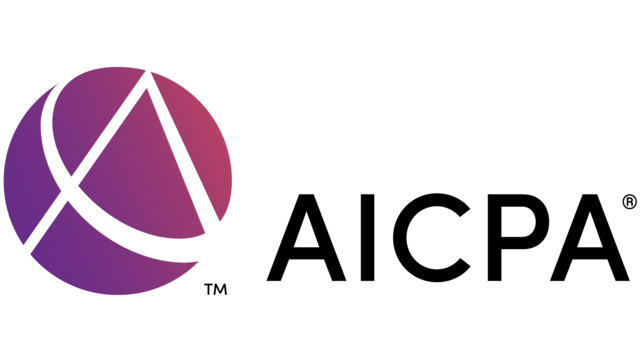Income Tax
AICPA Submits Recommendations on Green Book Trust & Estate Tax Provisions
The AICPA expressed several concerns with proposals that could be included in future tax legislation. Comments submitted address the following proposals:
Aug. 13, 2022

The American Institute of CPAs (AICPA) has submitted a letter to Congressional Leadership of the Senate Finance Committee and the House Ways and Means Committee commenting on several trust and estate related tax proposals in the Department of the Treasury’s General Explanations of the Administration’s Fiscal Year 2023 Revenue Proposals, otherwise known as the Green Book, issued March 2022.
In the letter, the AICPA expressed several concerns with proposals that could be included in future tax legislation. Comments submitted address the following proposals:
- Treat transfers of appreciated property by gift or on death as realization events (Page 34 of Green Book);
- Modify income, estate, and gift tax rules for certain grantor trusts (Page 40 of Green Book);
- Improve tax administration for trusts and decedents’ estates: Reporting of estimated total value of trust assets (Page 45 of Green Book);
- Enhance accuracy of tax information: Electronic filing of forms and returns (Page 70 of Green Book); and
- General comments on estates
The comments noted concerns with several proposals that impact fairness to taxpayers and are inconsistent with good tax policy. “Taxing estates the same as trusts for many of the provisions in the Green Book is problematic. The AICPA recommends that estates be treated similar to married filing separately taxpayers for all estate provisions in the Green Book, as well as existing law,” the letter states.
The AICPA also expressed support for the Green Book proposal to improve tax administration and enhance the accuracy of tax information regarding electronic filing of forms and returns. Previously, the AICPA requested that the Internal Revenue Service (IRS) provide electronic filing for the Forms 706, 706 NA and 709. The AICPA agrees with the proposal to require electronic filing for individuals with gross income of $400,000 or more and for income, estate or gift tax returns of all related individuals, estates and trusts with assets or gross income of $400,000 or more in any of the three preceding years.
